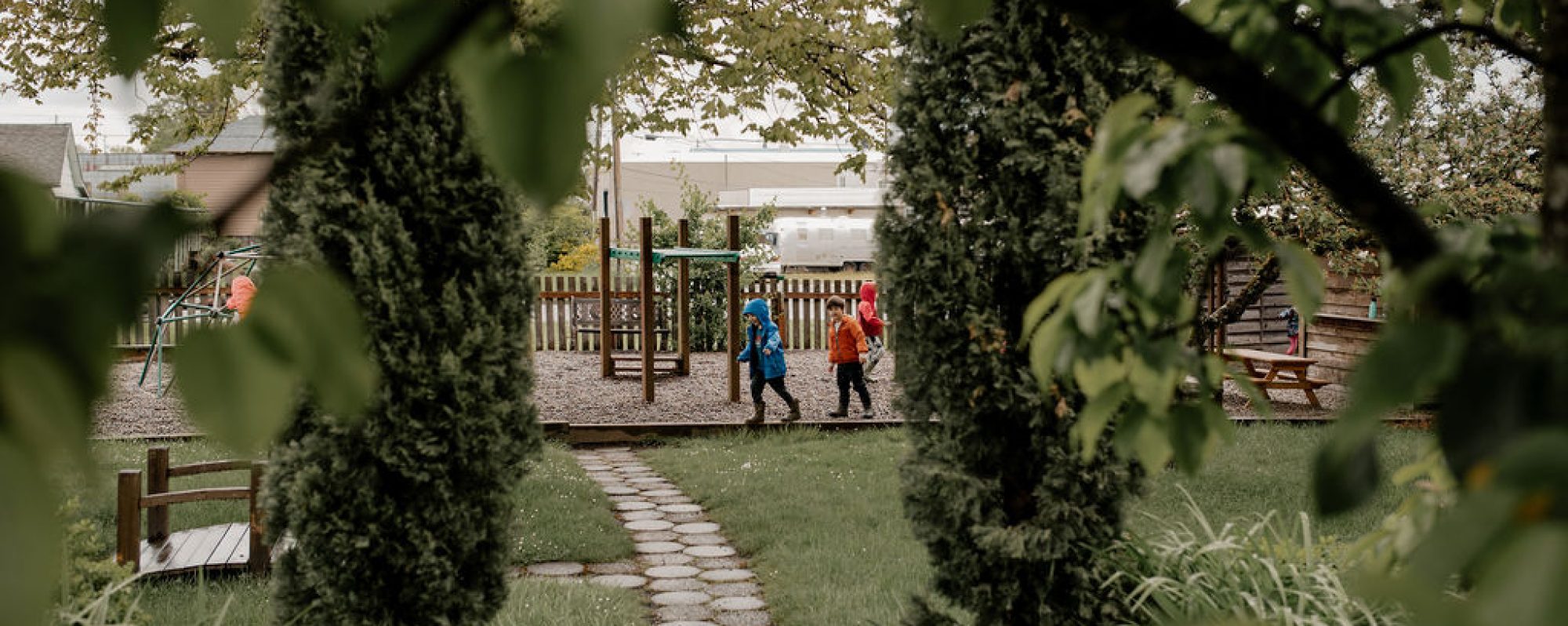Our Mission Statement
The mission of Philomath Montessori School is to nurture children’s innate love of learning and urge for independence, guide their self-discipline, meet their developmental needs and connect them to the natural world while developing a community of support for our families.
Our Values
Respect for all;
Diversity;
Community;
Compassion;
And the Love of Learning
Our Philosophy
Since our school’s inception our philosophy has been and continues to be based on Maria Montessori’s innovations and insights. Through many years of research and direct observations, she learned “the secret of childhood” and we are dedicated to using these discoveries to guide our work with children.
The Universal Child and Diversity
Nearly 100 years ago, Dr. Montessori discovered universal patterns of development within the children she studied. We believe that educational excellence requires a diverse community. We welcome all children — supporting and celebrating differences of gender, race, religion, family structure, socio-economic level, age, sexual orientation, abilities and learning style.
The Primary Years Are the Most Important
From birth to six, children progress through a series of “sensitive periods” — unique windows of opportunity for learning. During these periods learning is naturally driven and almost effortless. Montessori also recognized that young children learn in a unique way. Their brains learn by unconsciously taking in everything around them.
The Prepared Environment
For Maria Montessori, the classroom was a prepared environment equipped with a rich array of activities that inspired children and sustained their attention and concentration while encouraging independence. Therefore, everything is child-sized and composed with beauty, quality and intention. And most of all, the activities in the classroom are hands-on so that the child can learn not only by doing, but also experience many abstract qualities and concepts in a concrete form.
Freedom of Movement and Choice
Montessori saw freedom as one of most important factors in allowing children to develop as spontaneous, creative individuals. She saw the role of education as providing environments in which children could explore and delve into activities and subjects at will and at their own pace. She also gave this freedom the framework of meaningful limits to guide the children to self-discipline.
Adult Preparation
Montessori called her teachers Guides because she felt that they sensitively guided, rather than controlled, the children’s activities. She asked that they be more observers than teachers and considered that success lay in the ongoing nature of the teachers’ own personal development as well as on the observations of individual children. Ultimately she saw their role as not so much to teach the children as to direct the natural energies that they saw emerging.
Want to learn more?
Please contact us to schedule your visit to our school or with any questions you may have about enrollment.

